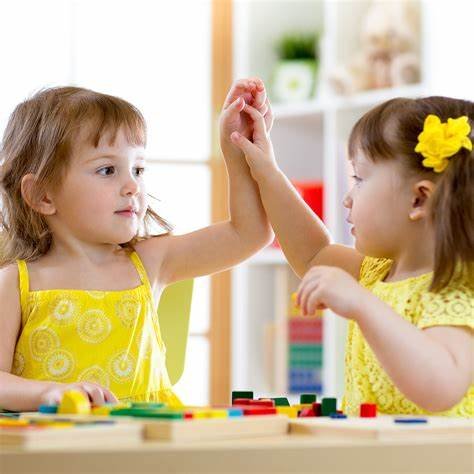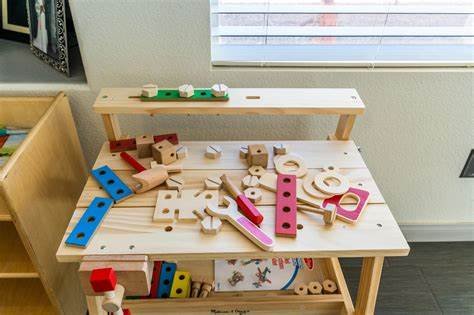Preschool is often seen as a place for children to socialize, play, and begin their educational journey. However, research shows that preschool can play a critical role in a child’s long-term academic success. The early years of a child’s development lay the foundation for future learning, and enrolling in preschool can provide numerous benefits that extend far beyond the classroom. This article explores how preschool impacts a child’s academic performance later in life, focusing on cognitive development, social skills, and the emotional foundation for future success.

Cognitive Development and Early Learning
Preschool provides children with their first formal exposure to education. During these early years, children are introduced to basic concepts such as letters, numbers, colors, shapes, and patterns. Research has shown that early exposure to these concepts helps build strong foundational skills that are essential for later academic success. For example, learning to recognize letters and numbers in preschool can significantly boost a child’s ability to read and perform mathematical tasks in later grades.
Preschool programs often use hands-on activities, songs, games, and storytelling to teach these concepts in an engaging and fun way. This type of active learning not only helps children retain information but also fosters a love for learning, which is crucial for long-term academic motivation. Early exposure to vocabulary and language-rich environments also supports cognitive growth, helping children build stronger language skills that benefit reading and writing proficiency in school.
Social Skills Development
In addition to cognitive development, preschool is an important environment for cultivating social skills. Interaction with peers in a structured setting helps children learn how to share, cooperate, take turns, and resolve conflicts. These social interactions are foundational for developing emotional intelligence and good communication skills, which are essential in school and later in life.
Children who attend preschool are often better equipped to navigate the social challenges of school. They learn how to follow instructions, respect authority figures, and engage in group activities. Positive social experiences in preschool also contribute to a child’s self-confidence and overall emotional well-being, which are critical for their success in academic settings. Children who are comfortable in social environments tend to have better interpersonal relationships and are more likely to succeed academically and socially in school.
Emotional Development and Self-Regulation
Emotional regulation is another key area in which preschool helps children develop. They learn coping mechanisms for frustration, disappointment, and excitement, which play a role in maintaining focus and resilience in school.
Children who attend preschool are more likely to demonstrate better self-regulation, including the ability to stay focused on tasks, follow directions, and control impulses. These skills are crucial for academic success, as they enable children to complete assignments, participate in class activities, and manage the challenges they encounter in school. Emotional regulation also fosters a positive attitude toward learning and perseverance in the face of challenges.
Conclusion
The impact of preschool on long-term academic success is profound. By providing a foundation for cognitive, social, emotional, and academic development, preschool sets the stage for a child’s future success in school and beyond. Early exposure to learning, social interactions, and emotional regulation helps children thrive in academic environments and builds essential skills that support their future achievements. Investing in quality preschool education not only benefits individual children but also contributes to a stronger, more equitable society by ensuring that all children have access to the tools they need to succeed in school and life.










